Facing a critical shortage of officers and evolving challenges, law enforcement agencies worldwide are reevaluating their training methods. Traditional approaches, often focused on physical and technical skills, lack the cognitive stimuli for the complexities of modern policing. In this context, Virtual Reality (VR) emerges as an innovative solution, offering immersive and varied training methods.
The Limitations of Traditional Training
Traditional law enforcement training, centered on physical and technical skills, frequently neglects mental resilience, stress management, and cognitive agility – all critical in high-stakes environments. This contrasts starkly with the long-standing mental readiness standards in aviation, established since the early 1900s.
Guess or Measure Readiness?
In high-pressure situations decision-making is vital. However, decision-making skills and mental resilience are scarcely trained, in part because current training methods lack the tools to monitor and measure training objectively. This begs the question: how can you improve if you do not measure?
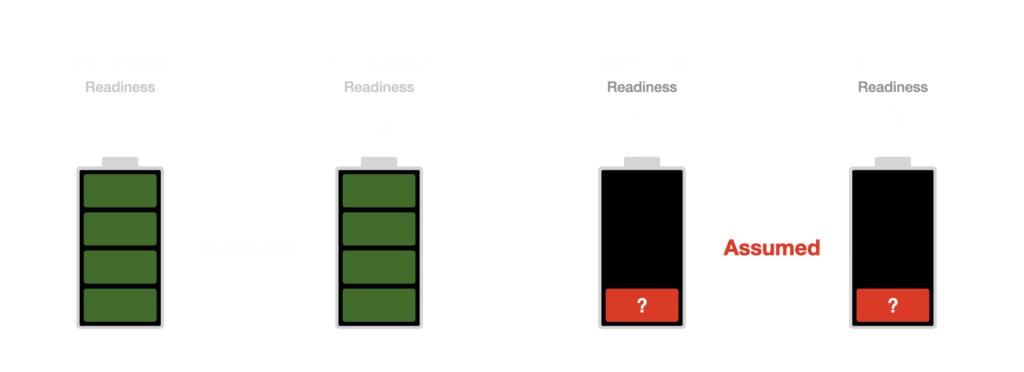
Breaking the Boundary
The ability to simulate increasingly complex scenarios and inject stressor cues in scenario training aligns with the learning curve officers must navigate, transitioning from novice to master. It allows training to be tailored to specific needs and learning paces.
This adaptability makes VR a powerful tool in law enforcement training, allowing for a comprehensive and immersive learning experience. This is one the reasons we’ve been advocating for this technology for over two decades, working with law enforcement in developing our immersive learning platform.
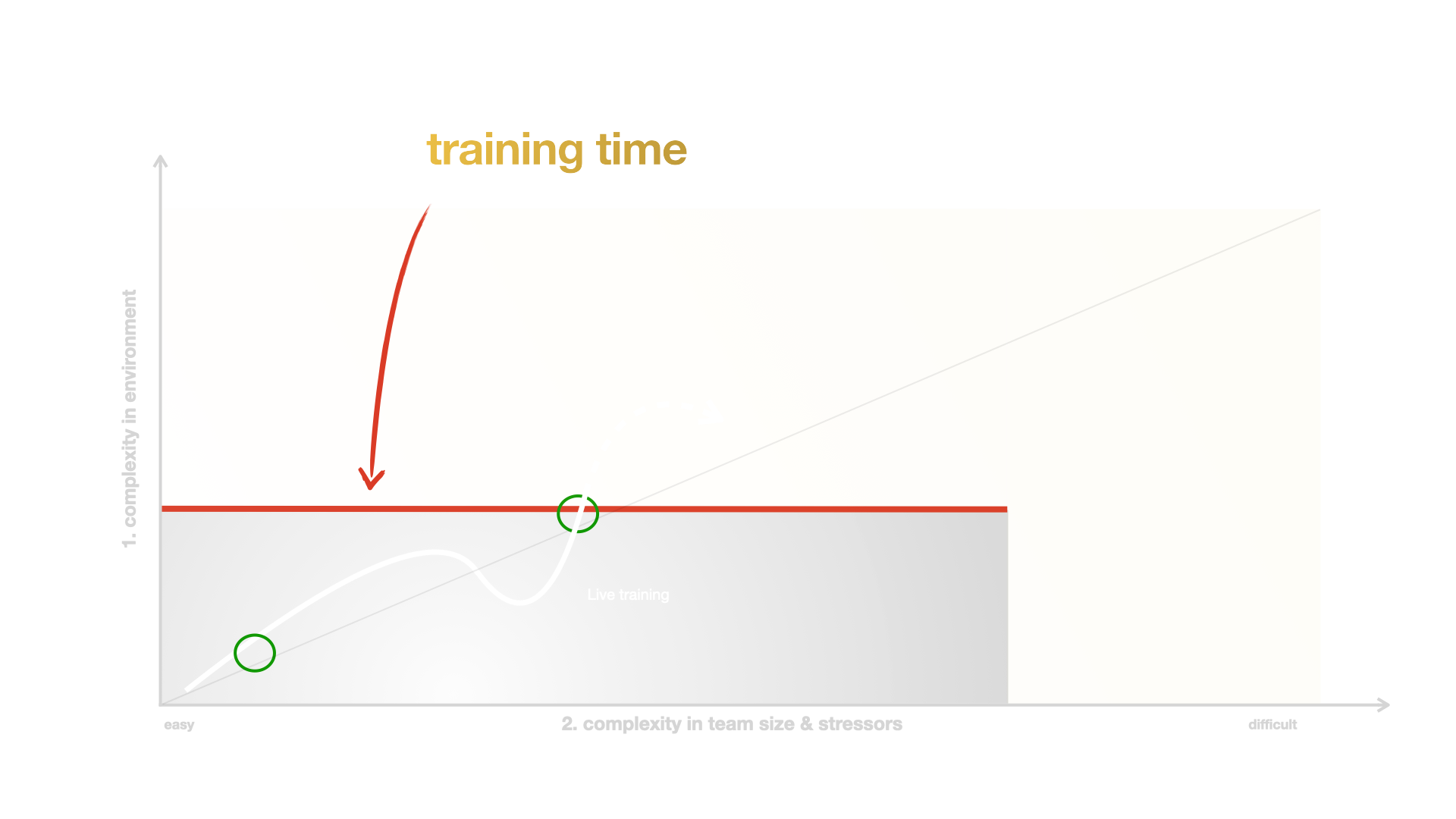
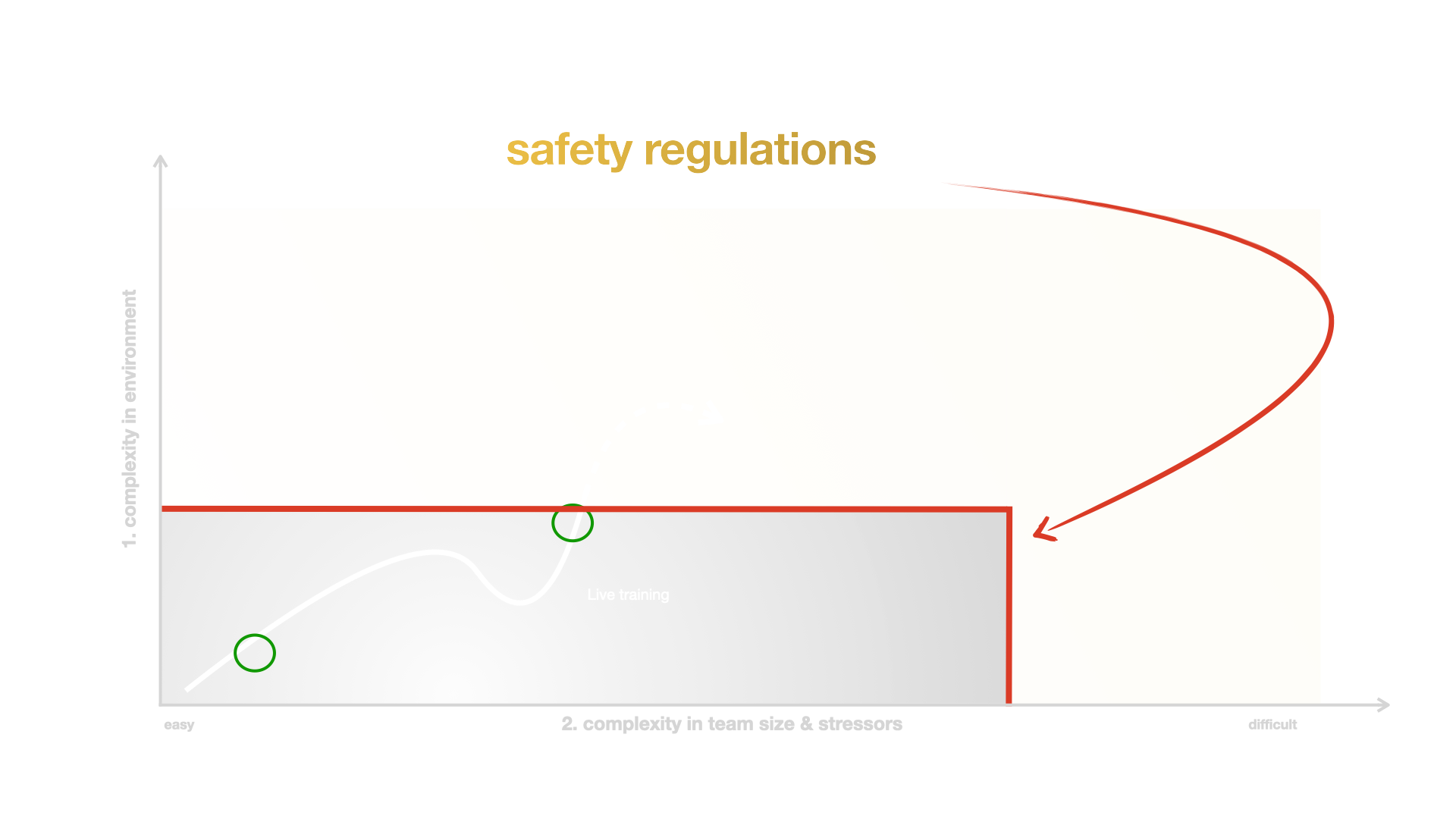
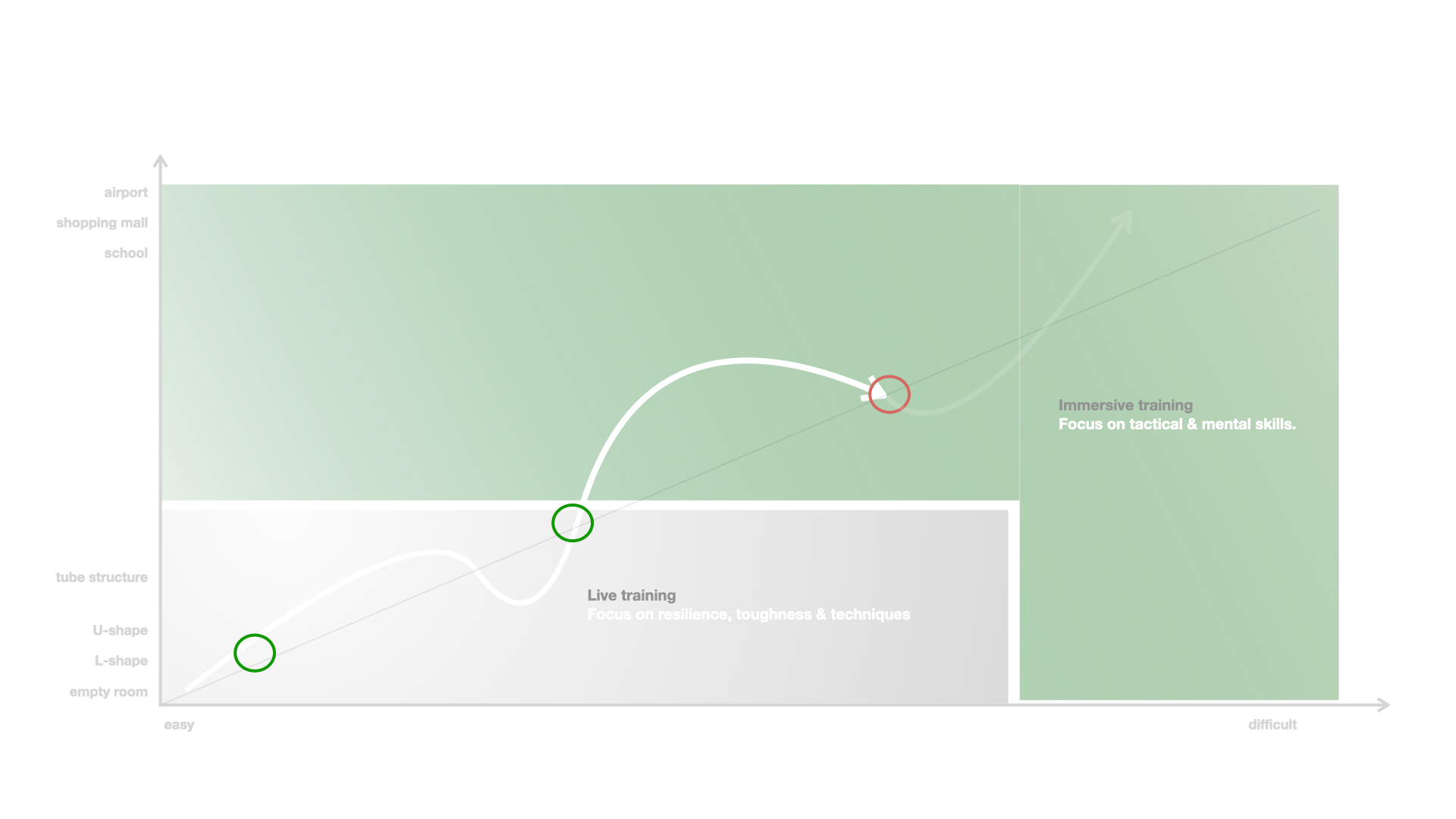
The learning curve is limited by safety and logistical constraints, restricting the complexity of scenarios
Taking the Lead
Our pioneering work has already led to some noteworthy results which strengthens our case for immersive training. For example, our training platform for the Dutch Army, in use since 2017, resulted in measurable improvement in unit performance with no consumables and zero safety personnel required.
Additionally, the Dutch National Police uses our shooting range simulator to retain the skills of its officers and prevent costly strategic mistakes in day-to-day operations. Further research, such as the SHOTPROS project where our platform was used, showed increased learning outcomes such as engagement, motivation, recall, and skills transfer, which are transferable to real-world police duties.
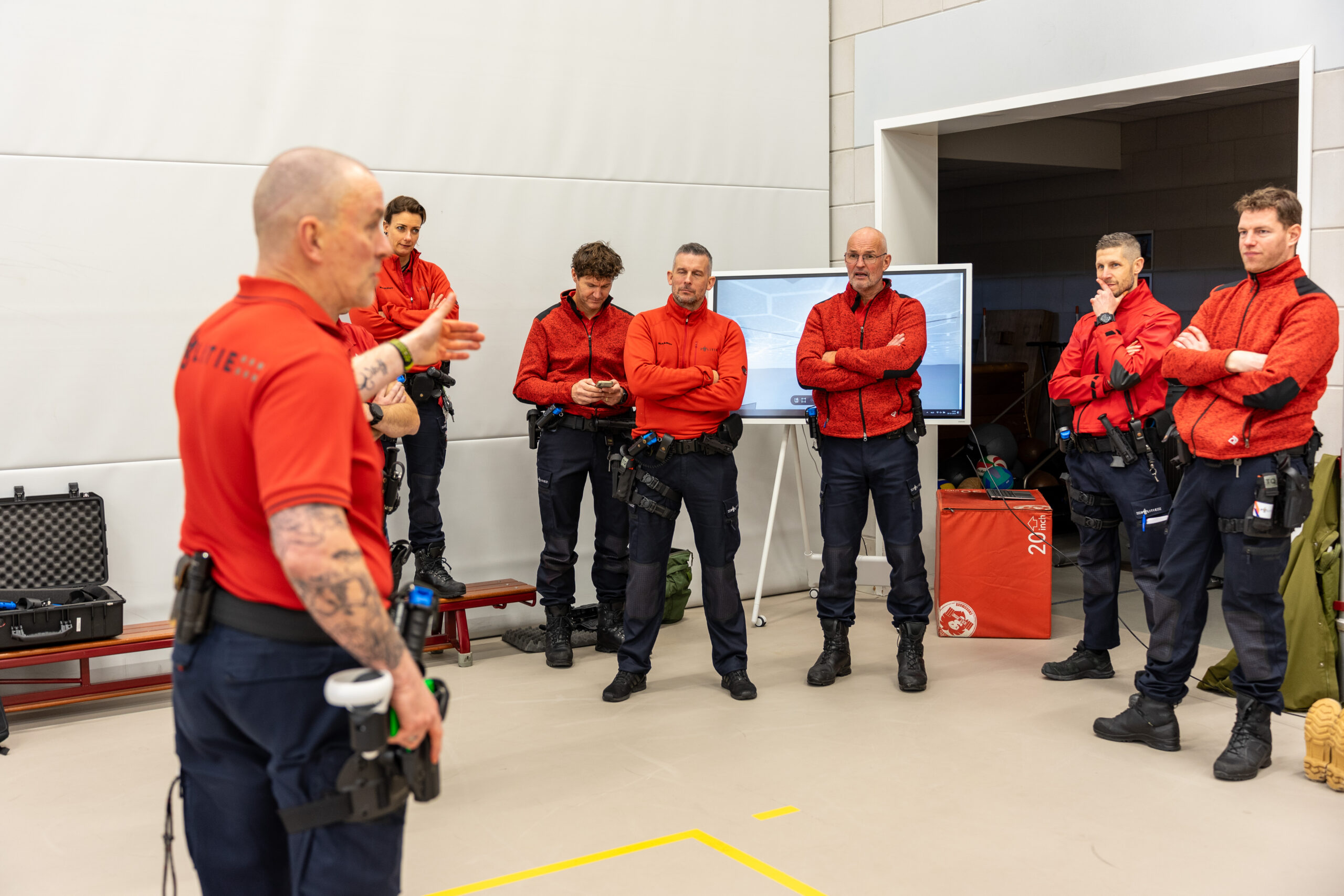
Towards Measurably Skilled
Virtual Reality is reshaping training of LEA’s by providing immersive and authentic experiences, overcoming many traditional training limitations. As VR technology continues to evolve, it is poised to redefine the future of law enforcement training, moving towards developing officers who are not just trained but measurably skilled.
Insights from 20 Years of Experience
For more in-depth insights in VR’s role in law enforcement training read or full guide or talk to one of our experts.
Sources:
- Lackey et al., “The Efficacy of VR Training in High-Stress Environments,” Journal of Applied Psychology, 2016.
- Israel et al., “Enhancing Cognitive and Tactical Training through VR Simulations,” International Journal of Law Enforcement Studies, 2023.
- Kleygrewe et al., “Virtual Reality in Law Enforcement: A Game Changer,” Police Science Review, 2023.
- Saunders et al., “Operational Readiness in Law Enforcement: A VR Approach,” Journal of Tactical Operations, 2019.
- Garcia et al., “The Impact of VR Training on Law Enforcement Efficiency,” Security & Technology Journal, 2019.
